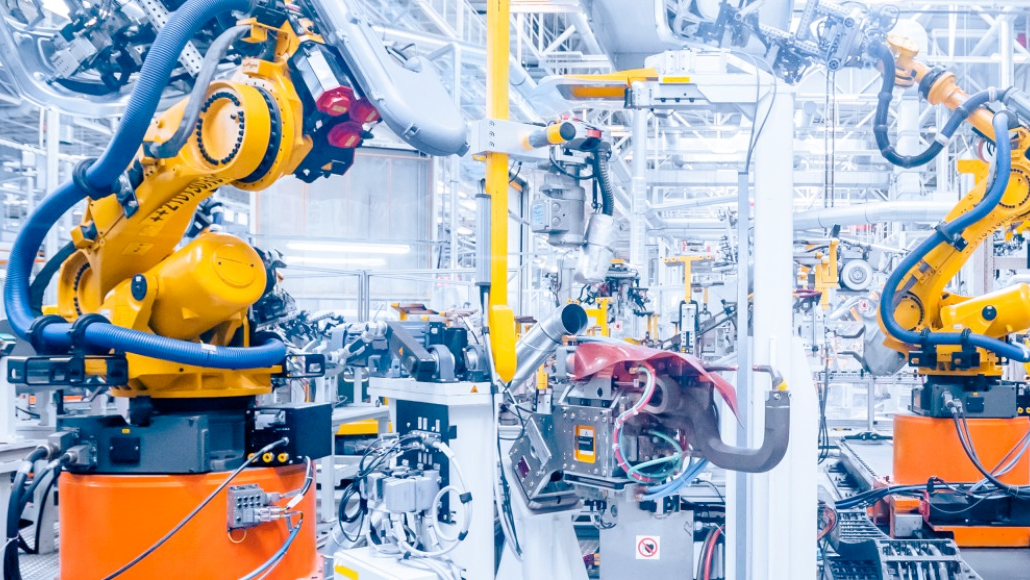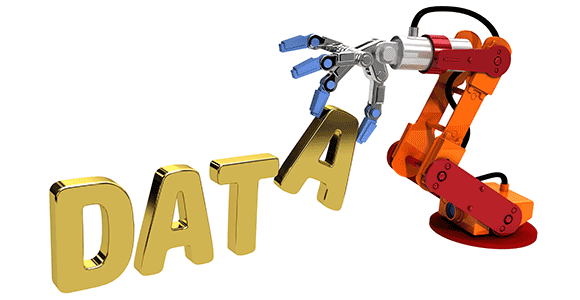20 February 2023
Database can become a potential gamechanger for robotics
The reuse of robot data would make it much easier to improve existing or set up new robot solutions. This was the aim of the completed ReRoPro project led by Norbert Krüger, who is a Professor at the Mærsk Mc-Kinney Møller Institute at the University of Southern Denmark and part of SDU Robotics.

Photo: SDU
A robot database could save time and money and would also allow for smaller-scale productions to use robots. Although it sounds simple, unfortunately, it is everything but simple.
ReRoPro was a collaborative project between the University of Southern Denmark, University of Copenhagen and Aalborg University with the companies Rockwool, Novo Nordisk, Nordbo Robotics and WellTec as partners aiming to establish a robot database. Now the first and exploratory phase of the project is over, and the researchers are applying for funding to continue their work.
Benefits of using data from previous robot solutions
The project focused on reusing robot data to improve production processes but also on finding new robot solutions in a shorter time. That is a big problem for small and medium-sized enterprises: It takes a lot of time to establish an assembly solution. You usually need to start from scratch. But if you could make efficient use of data from earlier robot solutions, new solutions could be set up faster and cheaper. The problem, however, is that these data are in the head of people. They are not digitalized. Until now.
The idea is that when you want to automate a certain task you can type in some keywords, and the information from earlier similar productions is displayed to you. Right now, there are no established structures for the reuse of data within robotics, not even within companies.
To a large degree, that is because robot data are complex. In other fields such as computer vision, big databases and neural networks are very successful, because the data are homogenous. They consist of images, for instance. But within robotics you have all sorts of different data such as images, trajectories, force vectors, information on different materials, CAD-files and so on.
Challenges
But this is only one of the challenges. You also need to make an interface that is intuitive so that it is easy to sort out the information you need from the information you do not need. Another challenge is how to reuse data for your specific task once you have the right data. There is no standardized way of organizing data.
Yet another challenge is that companies do not really want to share their robot data in a huge database to which other companies and competitors have access. It is kind of contradictory. On the one hand, the more data that is available in the database, the more powerful it would be and the more use of it companies would have. But, on the other hand, it is valuable and sensitive knowledge for the companies and obviously, companies are reluctant to make that accessible.
Possible solutions
There are different ways to go. A solution could be to develop a database structure that can be used by companies to reuse data within their own organization. Alternatively, you could make a system where the sensitive details are hidden, but where the data are still valuable for others.
In the ReRoPro project the problem has been analyzed in four use cases provided by the involved companies and by means of an international workshop with experts from industry and academia.
Next step
The involved partners have gained a much better understanding of the problem. Next step will be to apply for funding for establishing software structures that allow for the reuse of data.





